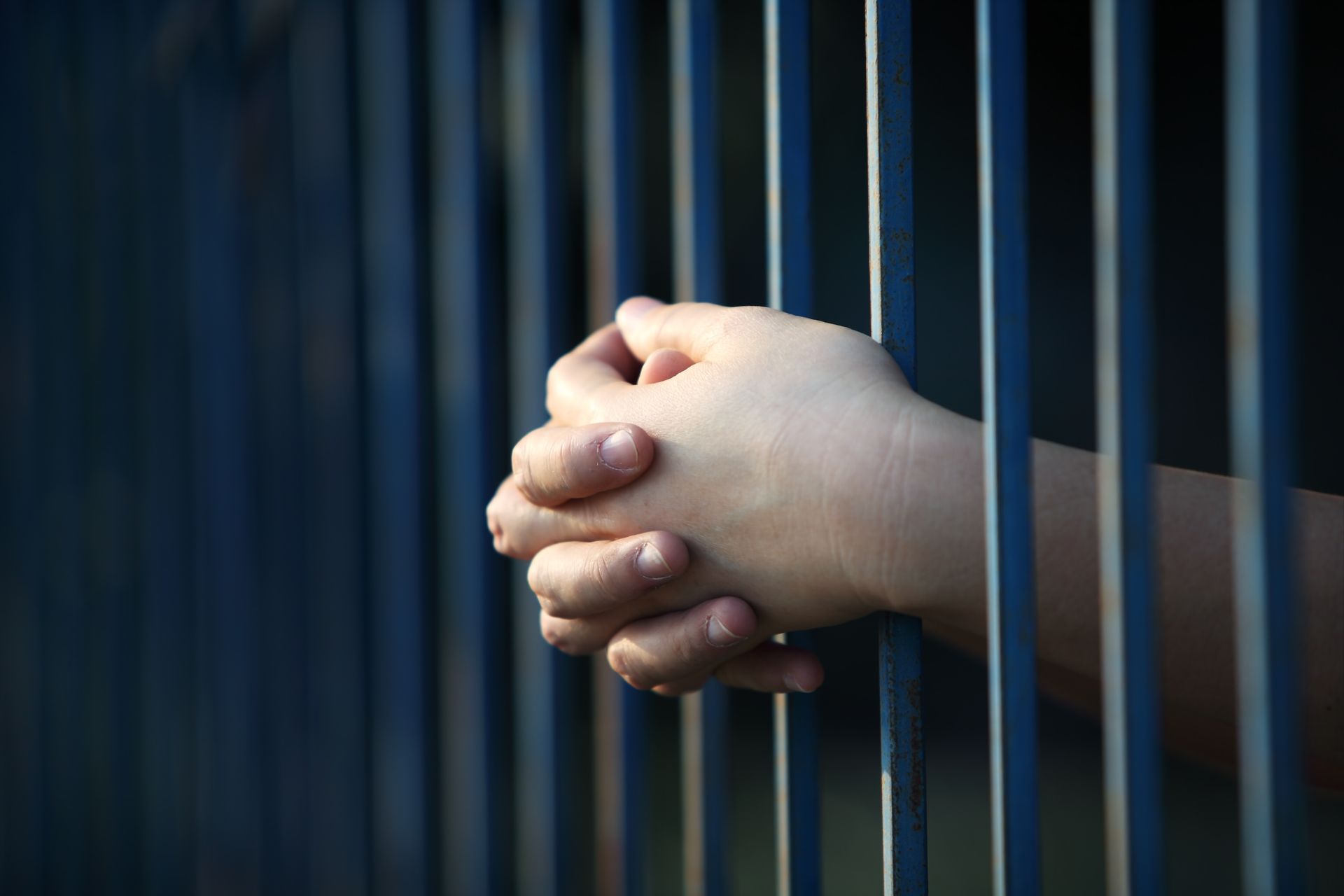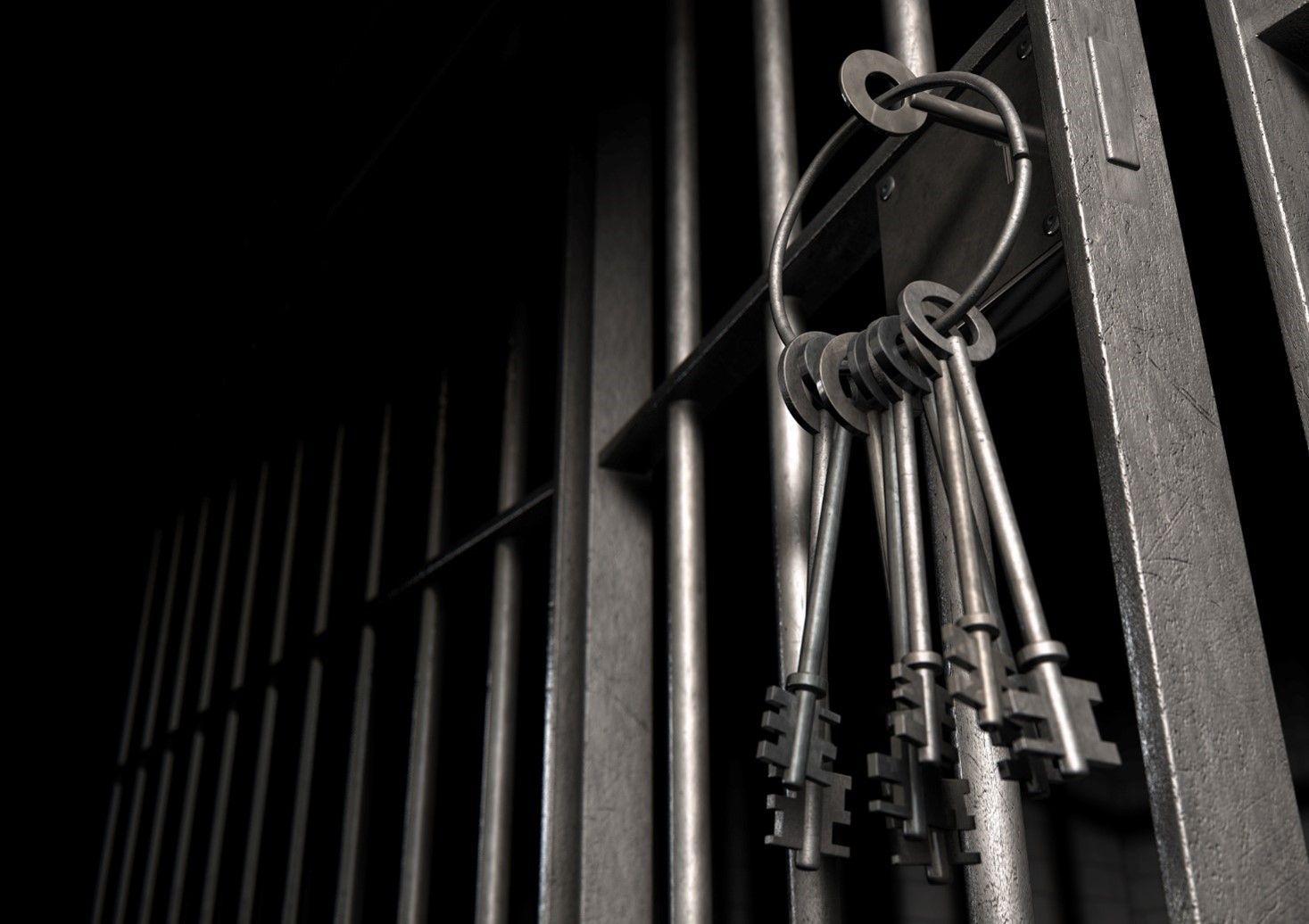What to Know If You’re Paying Someone Else’s Bail

Bail can be a complicated and emotionally charged issue, especially if you’re considering paying someone else’s bail. Whether it’s a friend or a family member, stepping in to help can feel like a noble act. However, before you take the plunge, it’s crucial to understand the legal implications, financial responsibilities, and personal considerations involved in the process. Here’s what you need to know before paying someone else’s bail.
Understanding the Bail System
The bail system is designed to ensure that individuals accused of crimes appear in court while allowing them some freedom before their trial. When a person is arrested, a judge sets a bail amount based on various factors, including the severity of the crime, the individual's criminal history, and their ties to the community. Paying bail allows the accused to be released from custody while awaiting trial. However, it’s important to note that if they fail to appear in court, you could face significant consequences.
Financial Implications
Paying someone’s bail can be a substantial financial commitment. Bail amounts can range from hundreds to thousands of dollars, depending on the crime and jurisdiction. If you choose to pay bail in cash, that amount will be returned to you after the court case concludes, provided the defendant shows up for all scheduled court appearances. When you hire a bail bondsman, you usually pay a non-refundable fee. This fee is not returned, even if the defendant meets all court obligations.
Understanding these financial implications is critical. You need to assess whether you can afford to take on this responsibility and what impact it might have on your financial situation. Additionally, if you’re considering using a bail bondsman, ensure you fully understand the terms and conditions, including any collateral you may need to provide.
Legal Responsibilities
When you pay someone else’s bail, you are taking on a legal responsibility. This can include being a co-signer on a bail bond, which means you are legally obligated to ensure that the defendant appears in court. If they fail to appear, the court can issue a bench warrant for their arrest, and you could lose the amount you paid or face additional financial penalties.
Before proceeding, it’s wise to familiarize yourself with the specific laws and regulations regarding bail in your jurisdiction. Each state may have different rules concerning bail, and understanding these can help you avoid unexpected legal troubles. Consulting with a legal professional can also provide valuable insights into what you’re getting into.
Impact on Relationships
Paying someone’s bail can also have emotional and relational implications. While you may genuinely want to help, it’s essential to consider the potential impact on your relationship with the individual involved. Financial support in difficult times can strengthen bonds, but it can also create tension, especially if the person does not follow through with their court obligations or engages in further legal troubles.
You may find yourself in a position where you need to set boundaries or expectations about the financial support you’re providing. Clear communication is crucial; discuss your concerns and ensure that the individual understands the seriousness of the situation and the responsibilities associated with being out on bail.
Paying someone else’s bail is a significant decision that requires careful consideration of various factors, including financial implications, legal responsibilities, and personal relationships. While your intention to help may come from a place of love and support, it’s essential to approach the situation with a clear understanding of the potential risks involved. By educating yourself about the bail process and communicating openly with the person you wish to assist, you can make an informed decision that aligns with your values and circumstances. Taking these steps will help ensure that your act of kindness does not lead to unforeseen complications down the road.
For more info, contact us at Absolute Bail Bonds.



















